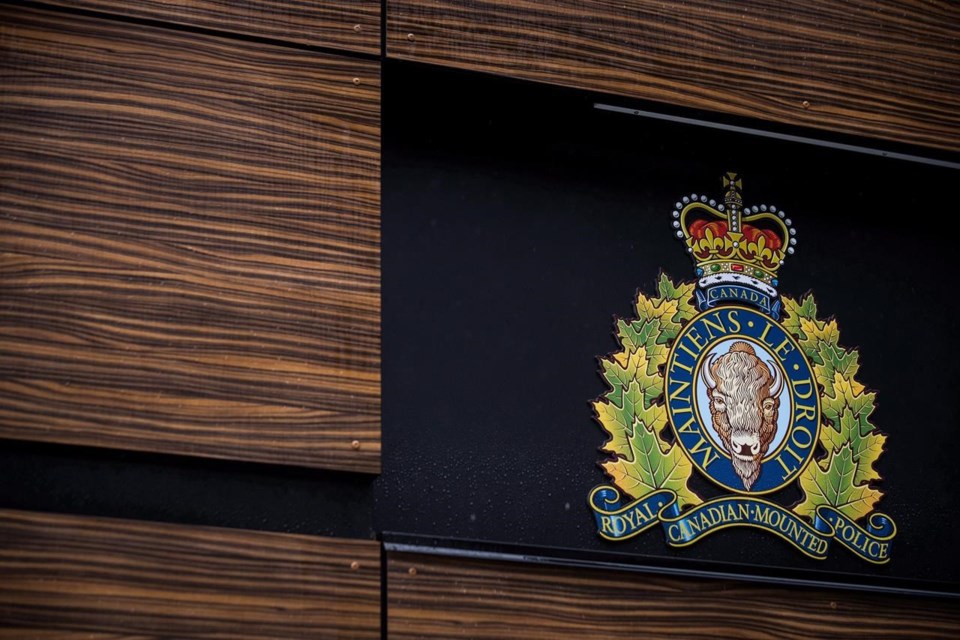POND INLET, Nunavut — A jury in a coroner's inquest that examined the suicide of a man following a standoff with police in Nunavut has recommended improving cultural and mental health supports and police containment measures during critical incidents.
The inquest, held last week, examined the death of Jessie Peterloosie, who died at a home in the hamlet of Pond Inlet on March 8, 2018.
The jury heard officers faced challenges containing the home, as other residents were able to get close to and enter it during the standoff.
RCMP said they received a complaint three days earlier that Peterloosie had allegedly pointed a firearm at another person and threatened to kill them. Police later located Peterloosie and said that when they went to speak with him, someone shot at their vehicle. They believed the bullet came from a house where Peterloosie was inside.
RCMP called in assistance from Iqaluit. They said they told Peterloosie to leave the home, but he did not comply.
The standoff lasted for 18 hours and ended when Peterloosie died from a self-inflicted gunshot.
The jury made 11 recommendations to the RCMP, Nunavut government and the hamlet.
They include ensuring the containment team can communicate directly and immediately with the emergency response team, having adequate officers to hold complex containment for an extended period of time in the cold and training to establish an outer containment perimeter to prevent people from entering.
The jury also recommended having portable loud-hailer technology, so police can make announcements from a safe position. It suggested Canadian Rangers also help with containment and officers wear body cameras with microphones.
RCMP officers in Iqaluit tested wearing body cameras in a pilot project that concluded last year, and the national police force has said it plans to roll out the cameras to officers across the country.
Other recommendations include developing paid positions for community members who speak Inuktitut to assist RCMP negotiators, providing officers with appropriate extreme cold weather gear and equipment and having police contact a mental health support person in the community.
The jury also recommended the hamlet, with funding from the territorial government and the Embrace Life Council, operate a men's youth group to promote positive interactions and relationships, and for the territory to provide funding for gun cabinet purchases.
A spokesperson for the territory's justice department said it plans to review the recommendations in consultation with the RCMP.
This report by The Canadian Press was first published Nov. 23, 2022.
___
This story was produced with the financial assistance of the Meta and Canadian Press News Fellowship.
Emily Blake, The Canadian Press



